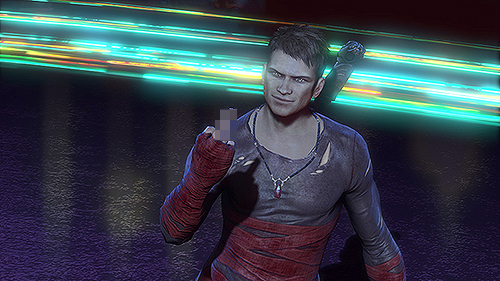
Reboots can be a great way to get new players into a series, while also reminding fans why they fell in love with the franchise in the first place. However, some reboots can tarnish the names of a series by throwing out what fans love in an effort to cash in on fads, such as making a light-hearted game into a dark, gritty mess.
Here are five games that tried (and failed) to reboot their franchises.
DmC Devil May Cry
While not a bad game in its own right, DmC Devil May Cry alienated fans of the series with how different it was from the earlier games. Replacing the cool fantasy world with what appeared to be a modern reimagining of They Live might have been one thing, but the changes made to the iconic series protagonist and the general tone of the story proved too much for many fans of the series.
And while the trippy level design, awesome soundtrack, and fast-paced combat may have been loads of fun, let's face it: no one wants to see Dante's awkward teenage years.
Bomberman: Act Zero
Who would think that taking a classic, arcade-style series like Bomberman and setting it in a grim, post-apocalyptic future would be a good idea? Apparently someone did, because Bomberman: Act Zero is exactly that. Not only is the game to serious for its own good, but the gameplay is poorly balanced and unreasonably difficult (ninety nine levels with one life and no continues). And it offers almost nothing new to the franchise. In fact, it removes offline play -- arguably one of the most beloved features of the franchise.
Syndicate (2012)
Yet another example of a series that latched onto a fad at the expense of what made the original unique, Syndicate (2012) changed from a top-down tactics game with an emphasis on player freedom to a run-of-the-mill first person shooter with some roleplaying elements. While it had some unique features, such as the ability to hack into enemies minds and control them, fans of the original tend to give this one a pass due to the change in genre, and fans of shooters gave it a pass because of the amount of other, better shooters to play.
Sonic Boom
While Sonic's had plenty of bad games, including the infamous Sonic the Hedgehog (2006), Sonic Boom united fans and critics alike from the very beginning when the new character designs were revealed. This, coupled with the game being rushed out and hitting store shelves in a glitchy, unfinished state, makes for one of the Blue Blur's worst outings yet. Meant to begin an alternate continuity that includes a kid's show on Cartoon Network, this game proved dead on arrival, almost killing the spinoff franchise outright.
Not only that, but why isn't Sonic fast in this game, and why can he only carry a hundred rings?
Dungeon Keeper (2013)
The mobile platform should have been perfect for this 1997 strategy classic. Unfortunately, while the original exclusively focused on the single player, the 2013 remake turned out to be just another Clash of Clans knock-off, one with such a reliance on microtransactions that it's completely unplayable without dropping a ton of cash. Satan himself would be pleased.
What other reboots tried and failed to revitalize their franchises? Let me know down in the comments!

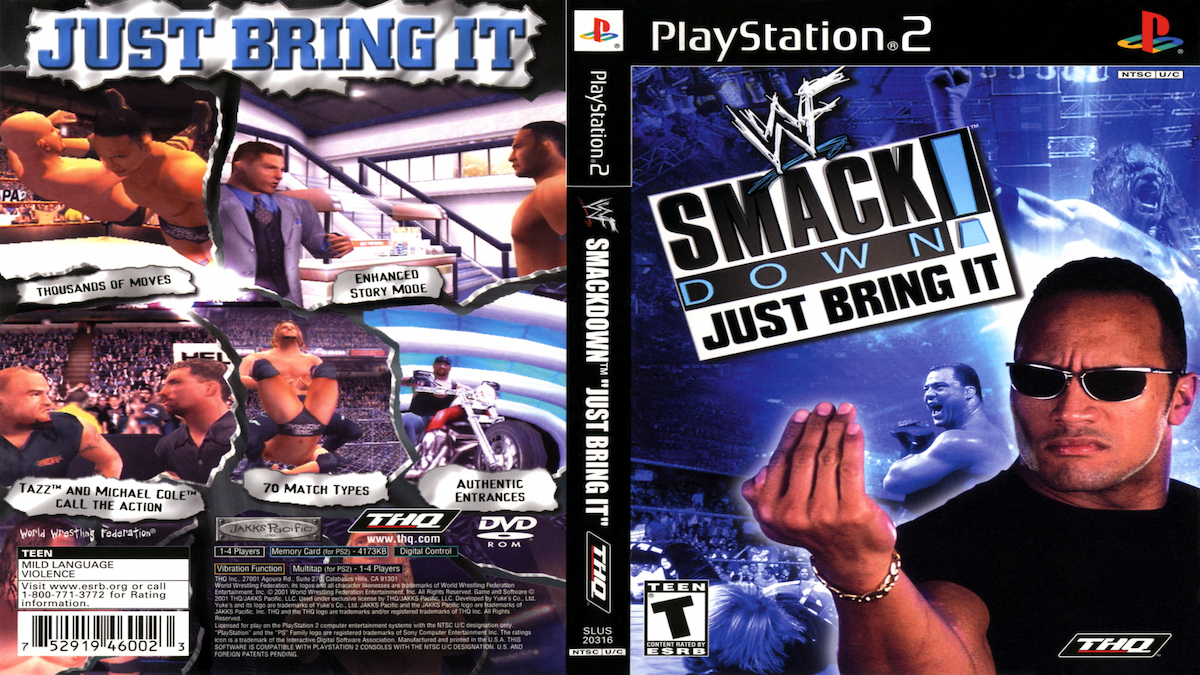
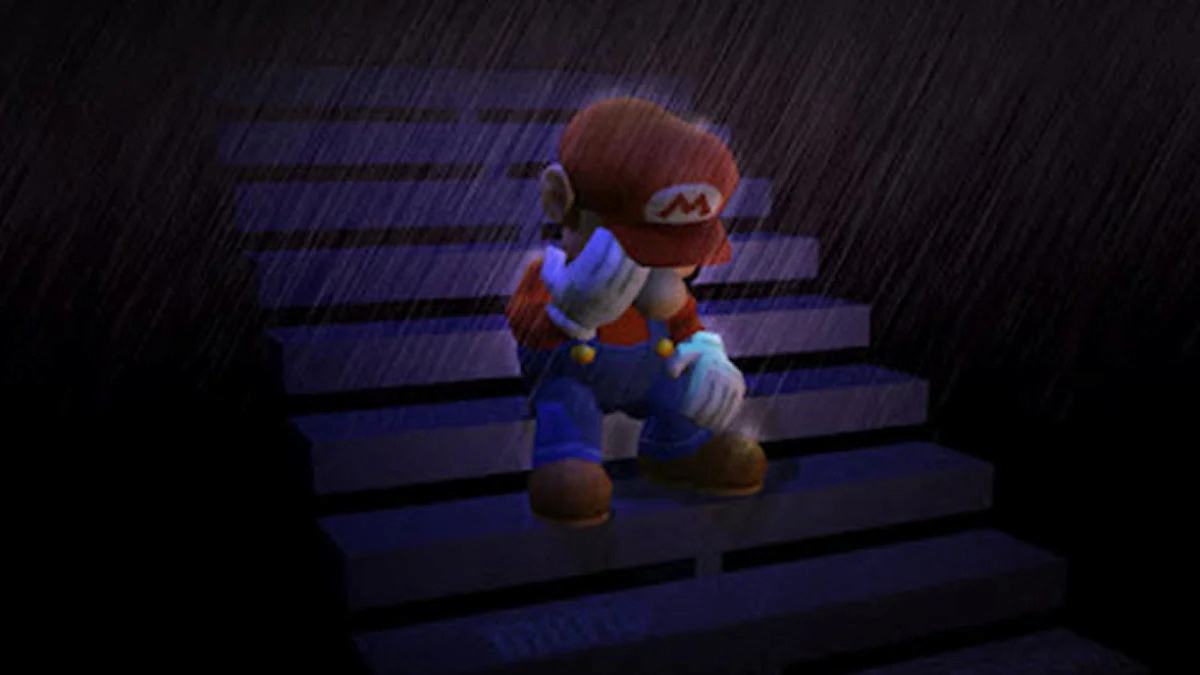
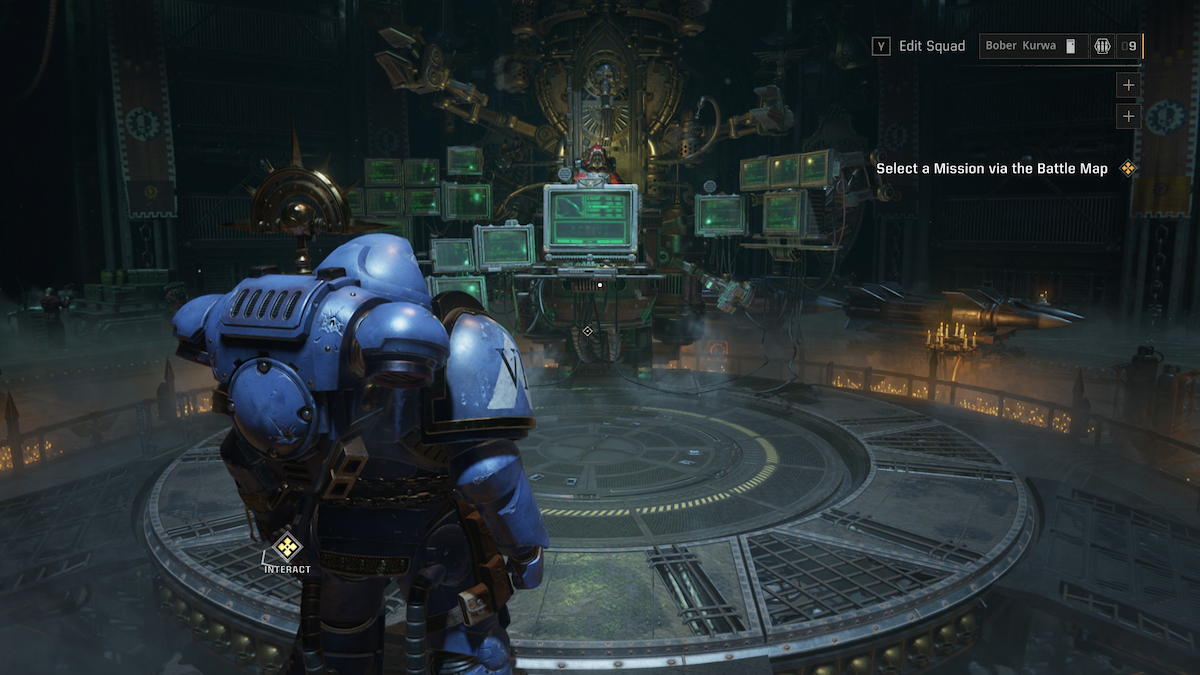

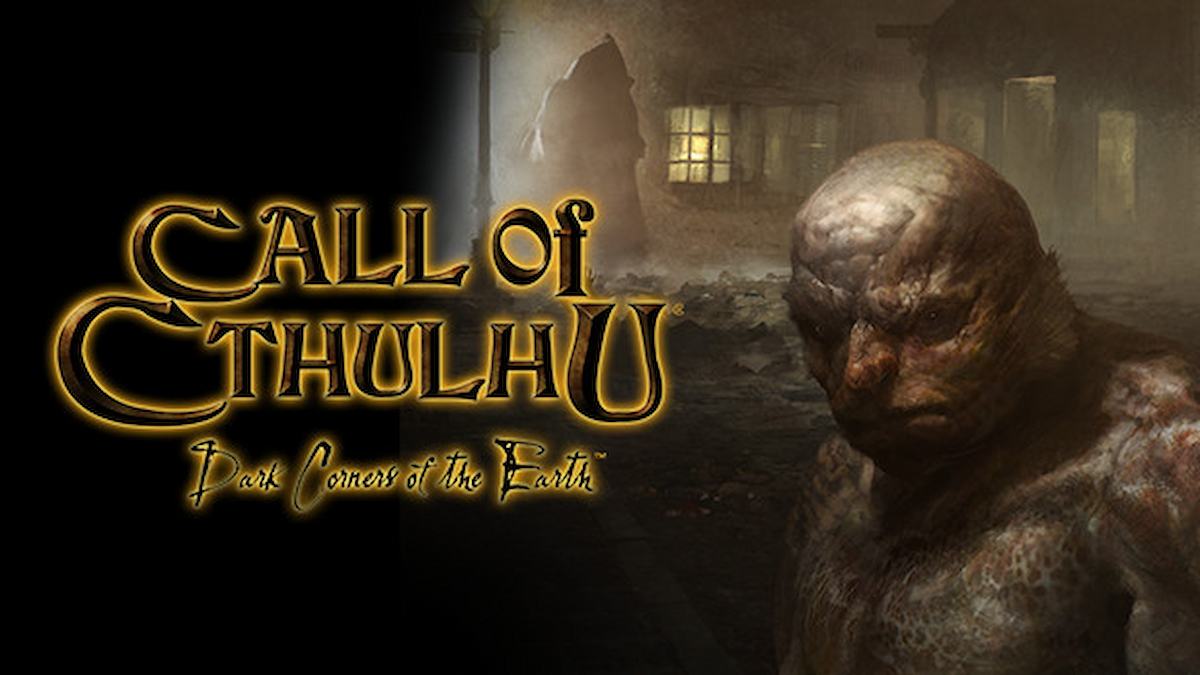
Published: May 18, 2016 02:50 pm